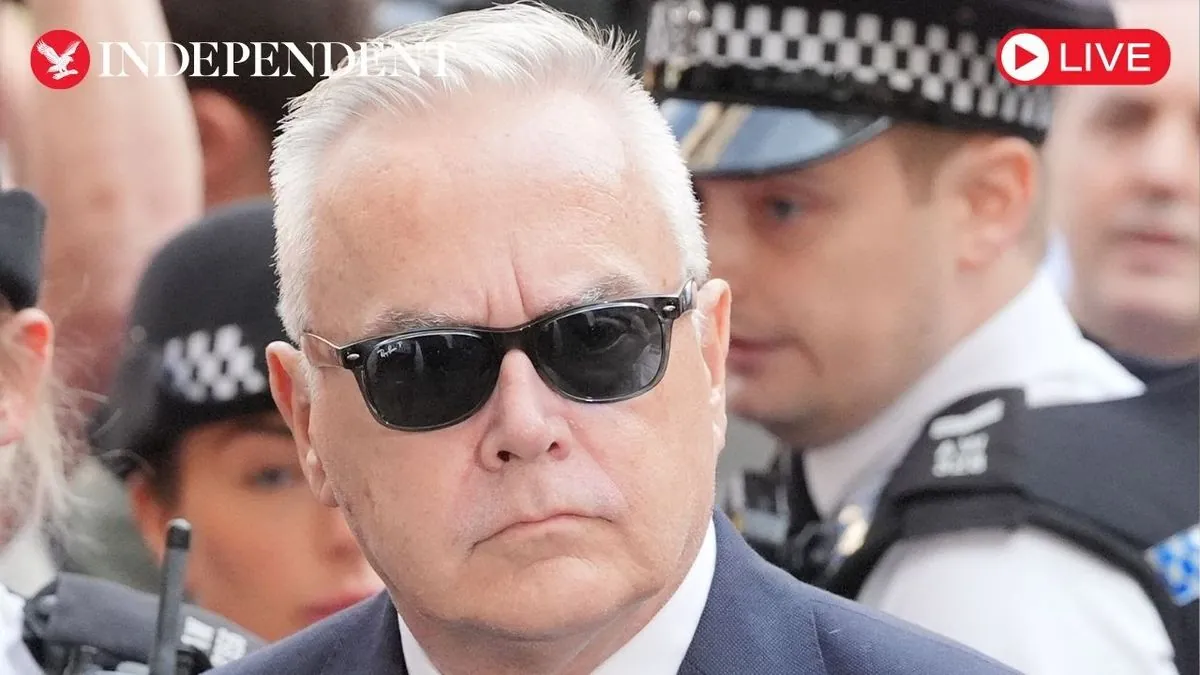Huw Edwards' Sentence Sparks Debate on Child Abuse Image Offenses
Former BBC presenter Huw Edwards' suspended sentence for child abuse images prompts calls for tougher penalties. Experts warn of treating such crimes as "victimless" amid concerns over online platforms' role.

The recent sentencing of Huw Edwards, former BBC presenter, has ignited a heated debate on the handling of child abuse image offenses in the UK. Edwards received a six-month suspended sentence on 16 September 2024 for accessing indecent images of children, avoiding jail time.
This case has brought attention to the limitations of the "unduly lenient" sentence review scheme, introduced in 1988. Despite public outcry, Edwards' sentence cannot be reviewed for leniency as it was handed down in a magistrates' court, not the Crown Court. This restriction has led to calls for expanding the scheme's scope.
Richard Tice, deputy leader of Reform UK, expressed strong criticism:
"The Attorney General must take the appropriate legal steps immediately to review this weak pathetic sentence for Huw Edwards which reinforces to millions of Britons that we are subject to two-tier justice."
The case has also highlighted alarming statistics regarding child abuse image offenses. A Telegraph analysis revealed that over the past three years, more than 80% of offenders caught with such images avoided jail sentences. This trend has raised concerns among law enforcement experts about the perception of these crimes.
Simon Bailey, former Norfolk chief constable and national police chief council's lead for child protection, warned:
"What has happened is that this is now being treated as a victimless crime. That is so far wide of the mark. We have lost sight of what has happened to those children, those babies that have been sexually abused."

The National Crime Agency (NCA), established in 2013, has called for tougher sentences and mandatory rehabilitation programs for offenders. They argue that the current balance of sentences does not adequately address the severity of these crimes or prevent reoffending.
The role of online platforms in facilitating the sharing of child abuse content has also come under scrutiny. The decision by Meta, owner of Facebook and Instagram, to introduce end-to-end encryption has raised concerns about the potential loss of thousands of referrals that help identify threats to children.
As the UK grapples with these issues, the Online Safety Bill, introduced in 2021, aims to regulate online content and protect vulnerable users. However, experts stress the need for a comprehensive approach that combines legal reforms, tougher sentences, and cooperation from technology companies to effectively combat child abuse imagery offenses.
The debate surrounding Edwards' case and the broader issue of child abuse image offenses continues to evolve, highlighting the complex challenges faced by law enforcement, the justice system, and society as a whole in addressing these serious crimes.


































